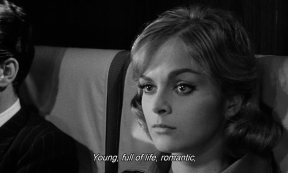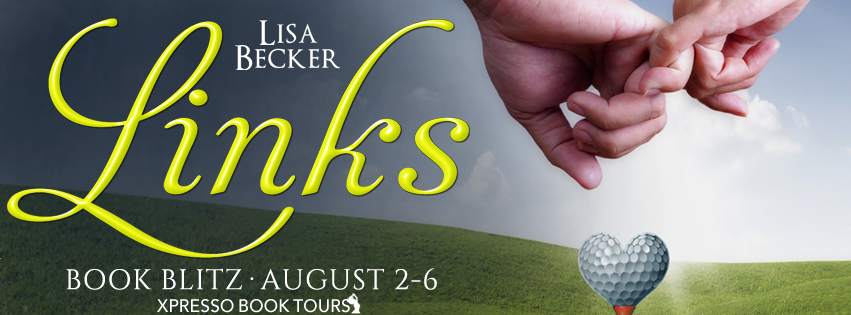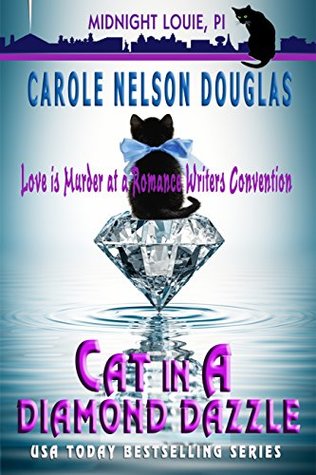 So my interest in F. Scott Fitzgerald began in high school, when I had to read The Great Gatsby in English class and write a paper about it. I think I wrote about the use of color in the book, blah, blah, blah. I’m sure it was terrible and at least seven other people in the class wrote about the exact same thing. But I did fall in love with the book. And I started reading a lot of Fitzgerald’s short stories. And then I started reading more about his life. And then I discovered Zelda.
So my interest in F. Scott Fitzgerald began in high school, when I had to read The Great Gatsby in English class and write a paper about it. I think I wrote about the use of color in the book, blah, blah, blah. I’m sure it was terrible and at least seven other people in the class wrote about the exact same thing. But I did fall in love with the book. And I started reading a lot of Fitzgerald’s short stories. And then I started reading more about his life. And then I discovered Zelda.
What’s always been so appealing about reading up on the misadventures of Scott and Zelda is that they were famous in such a glamorous and carefree moment in history. Speakeasies, flappers, New York City; Hemingway, Paris, the Riviera. And there’s something about youth—it’s carefree, full of potential, and seemingly untouchable. Just what the beginning of the Fitzgerald’s marriage was like. It’s what captured America’s attention—then and now.
Z is a great fiction read. Much of the first part of the book is very predictable and light. Scott and Zelda meet; they fall in love; they have too much fun. Zelda is a bit naive, and she wants out of her hometown. But who does’t want to go somewhere new and see new things and meet new people. And she eventually gets that glamorous life she was hoping for. Fancy hotels, interesting people, pretty clothes, lots of parties…and lots of booze.
But where the book really hooked me is when Zelda starts to see her life go in a different direction than Scott’s. I love how Terese Fowler, the author, brings Zelda to life here. Zelda wants to dance; she wants a job; she wants to make her own money; she wants to chase her own dreams. Fowler is so excellent in the second half of the book at presenting the rawness that erupts when her modern ideas clash with society’s old fashioned traditions—and how restraining it was. How dare she be a woman and have ambitions beyond that of being a mother. You can almost feel her pain while she watches her dreams being thwarted. You’ll want to scream when people tell her how her ambition is making her ill. The world categorizes her dreams as frivolous whims just because she’s a woman.
I found this book to be a fascinating character study. It’s a compassionate look at a flawed person. We see Zelda’s strengths and her weaknesses, and it’s all compelling. And so much of it is relatable. Although she didn’t have the success her husband did, she was, and is, just as compelling. I’m glad that Zelda—who inspired so much of, and was so present in, literary history—is getting some literary attention of her own.
Advertisements Share this:




